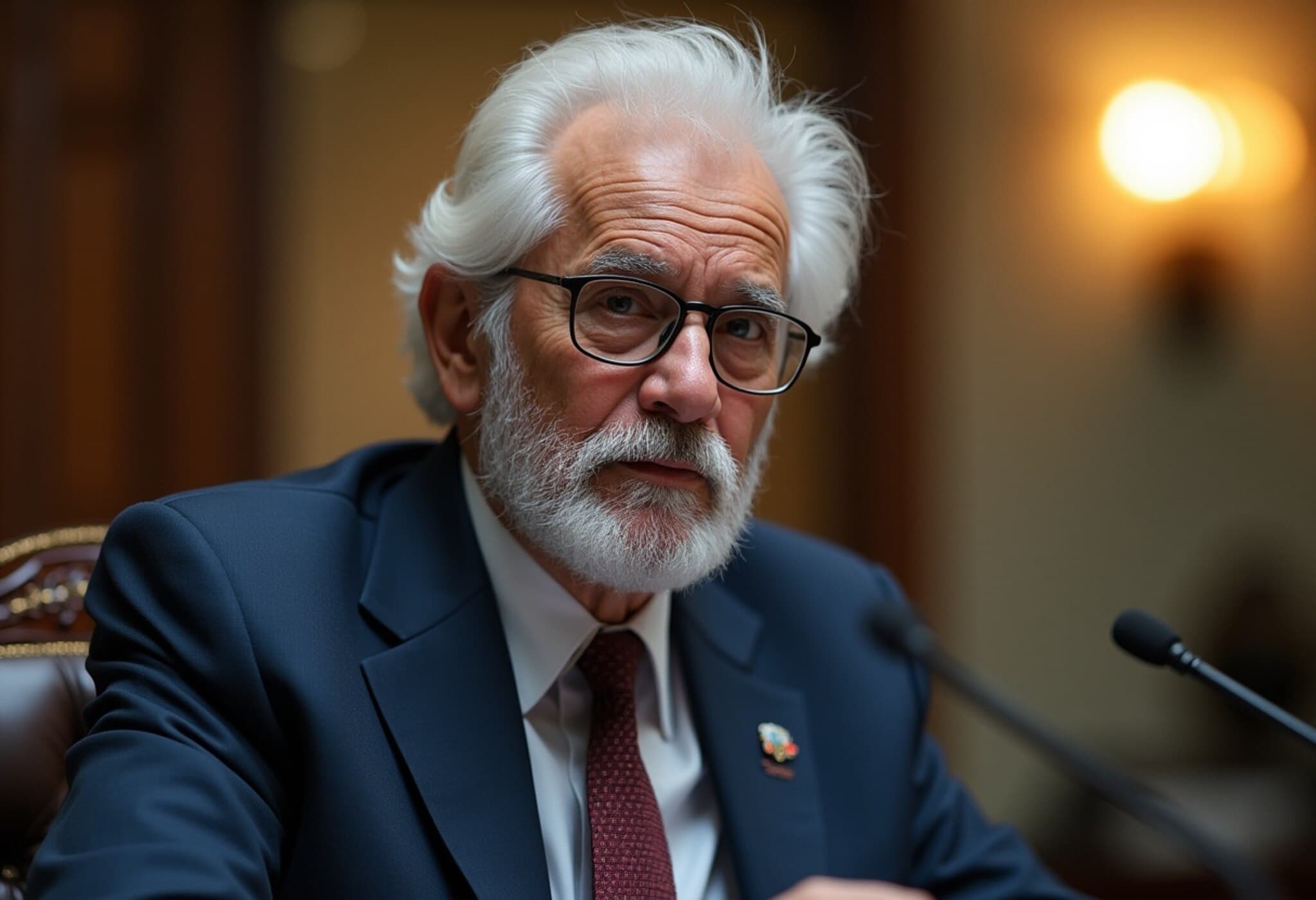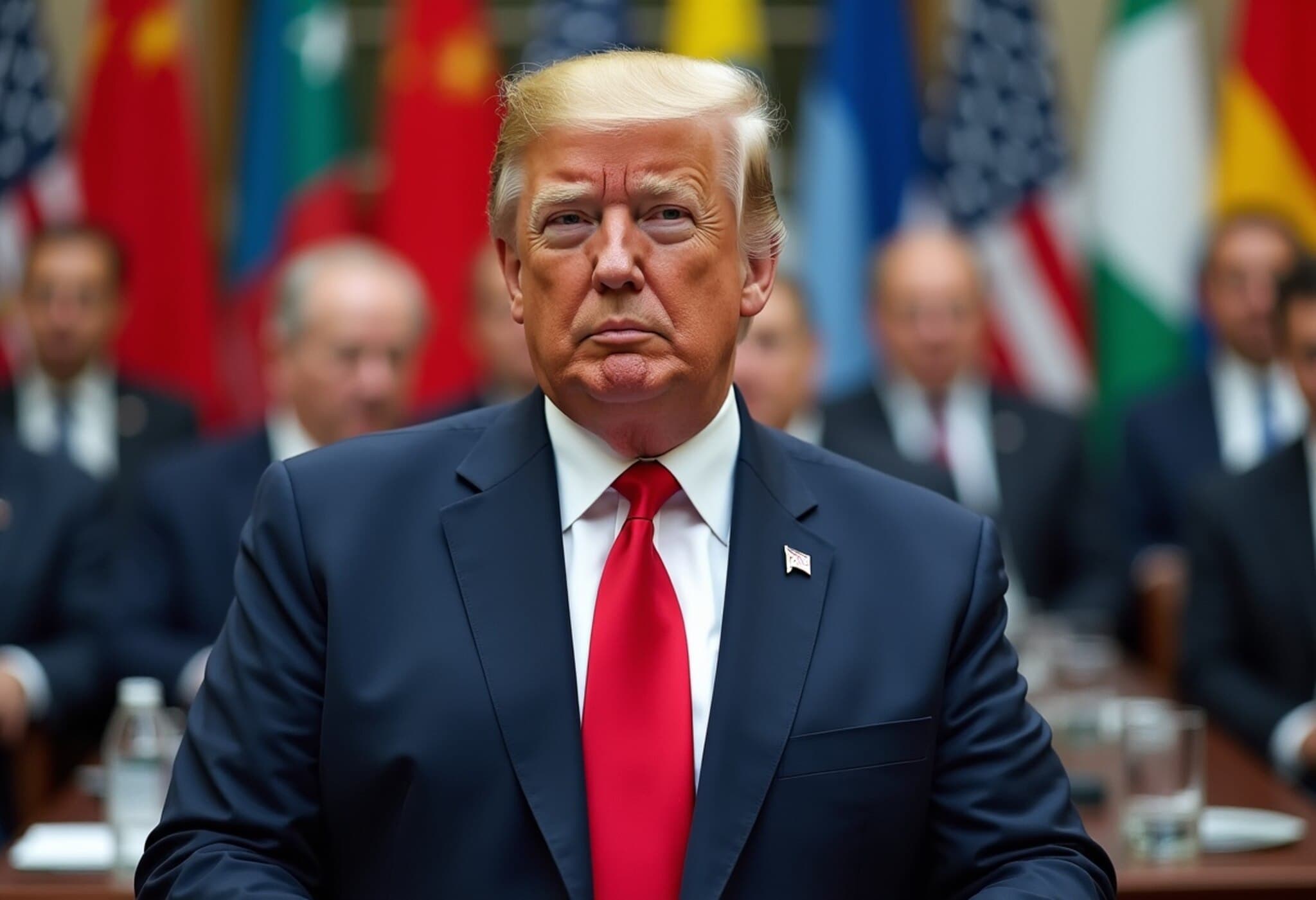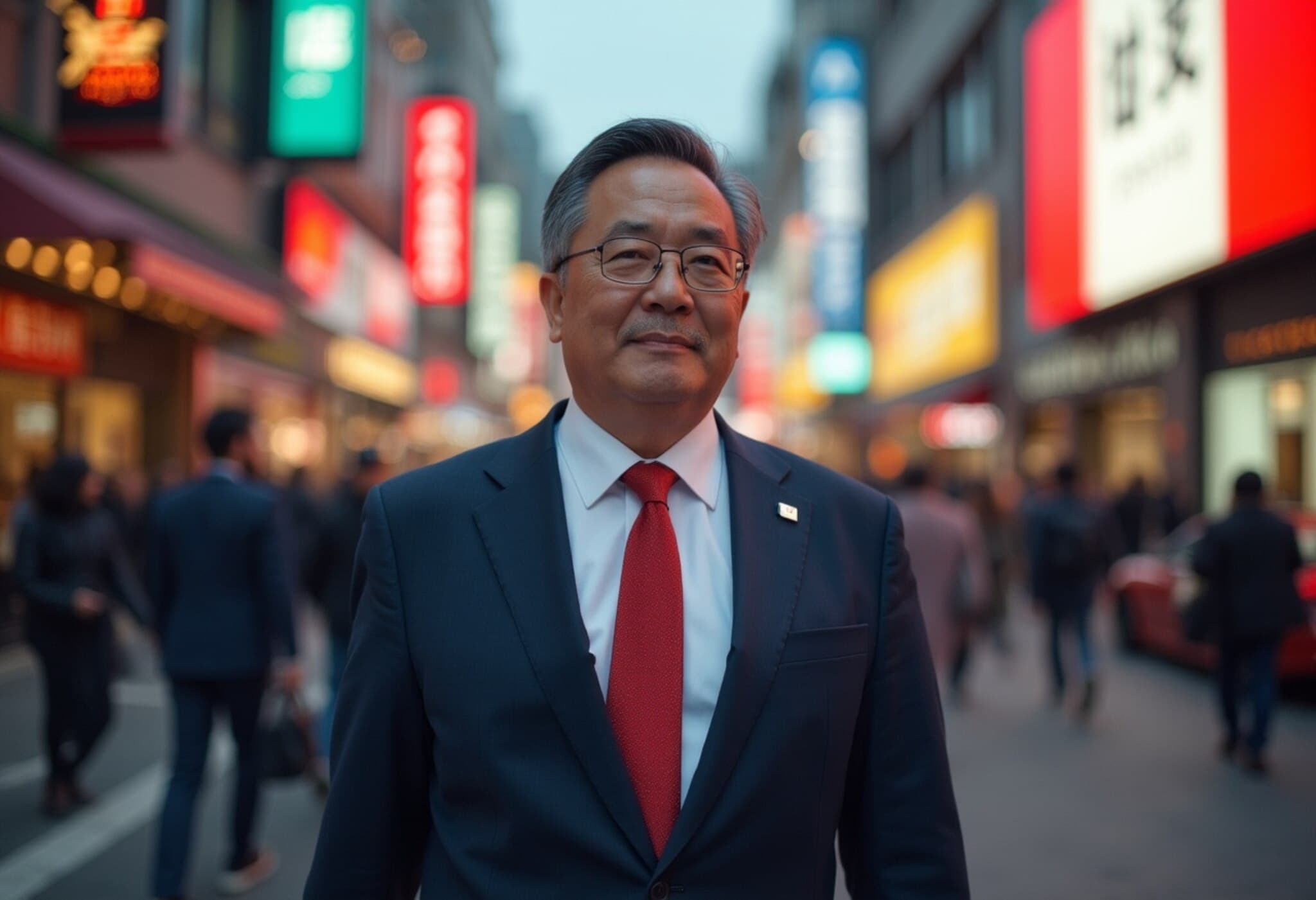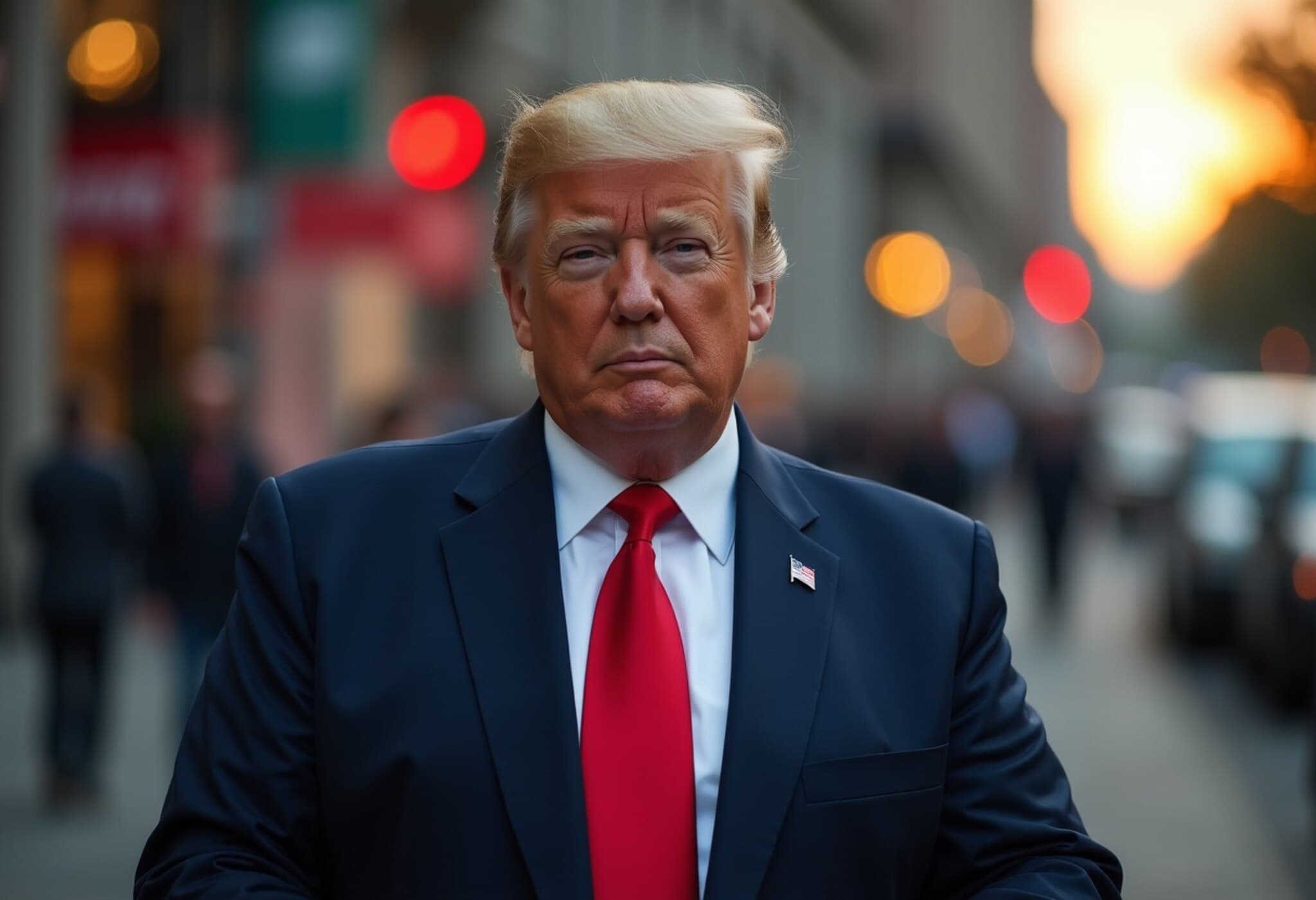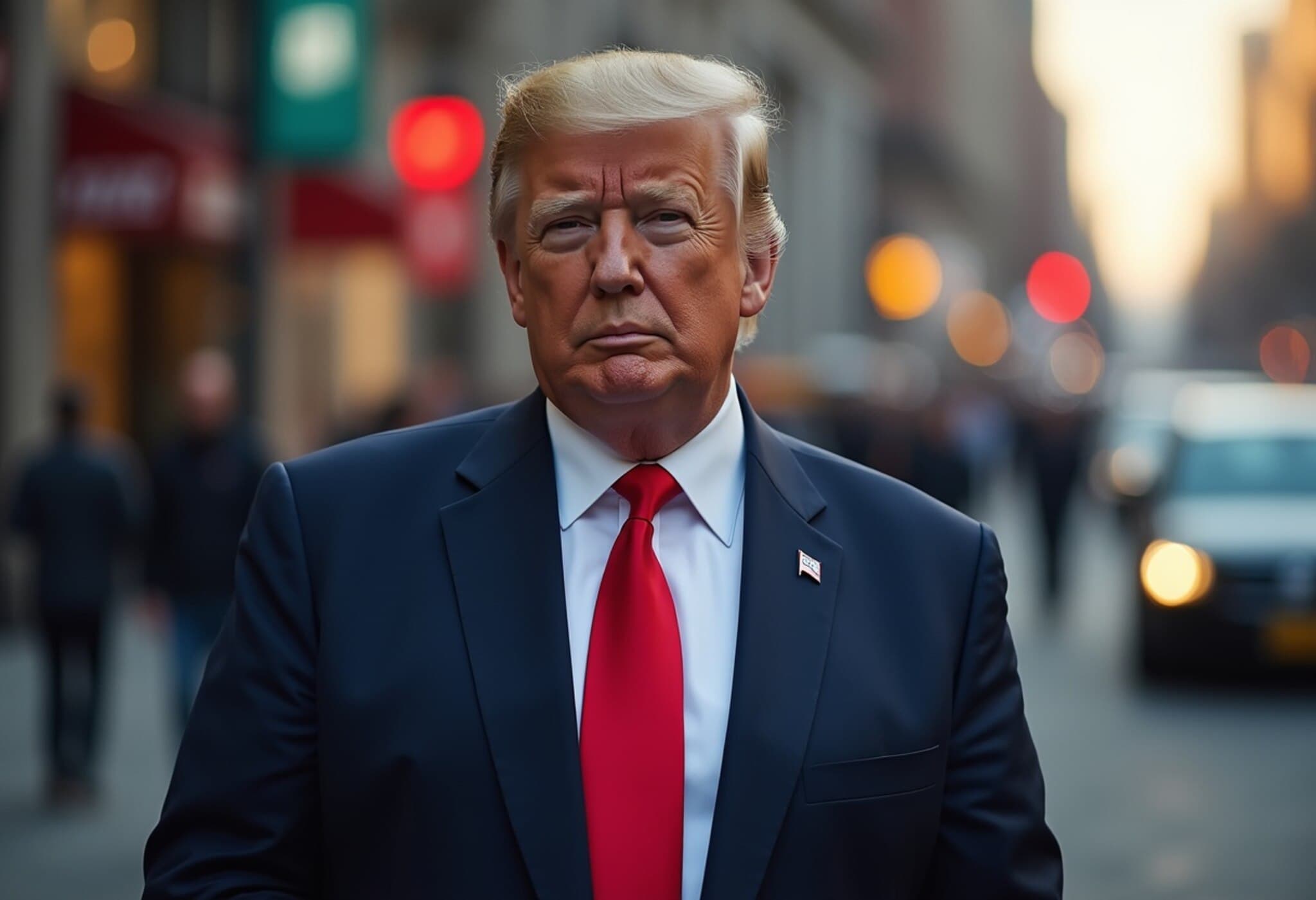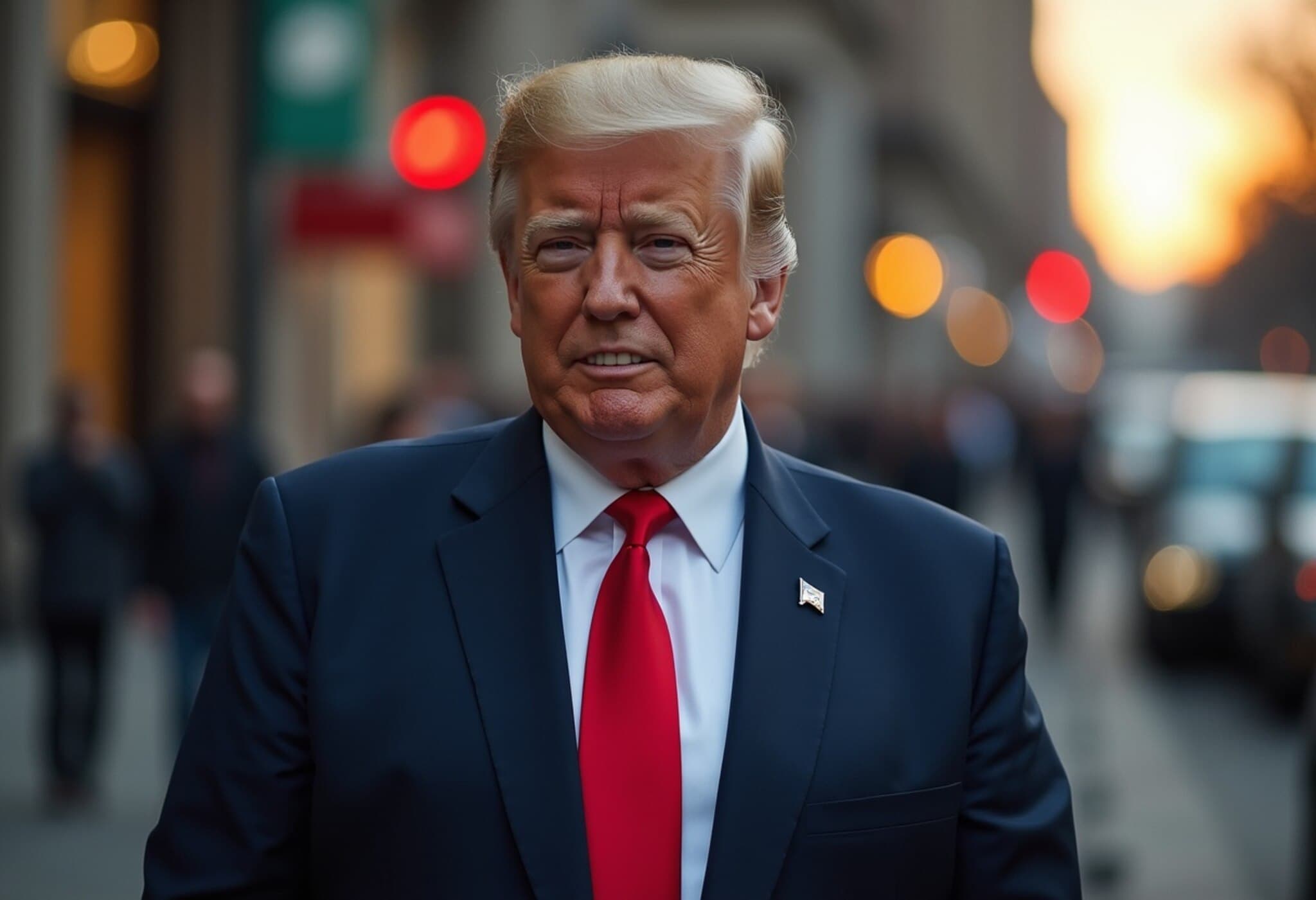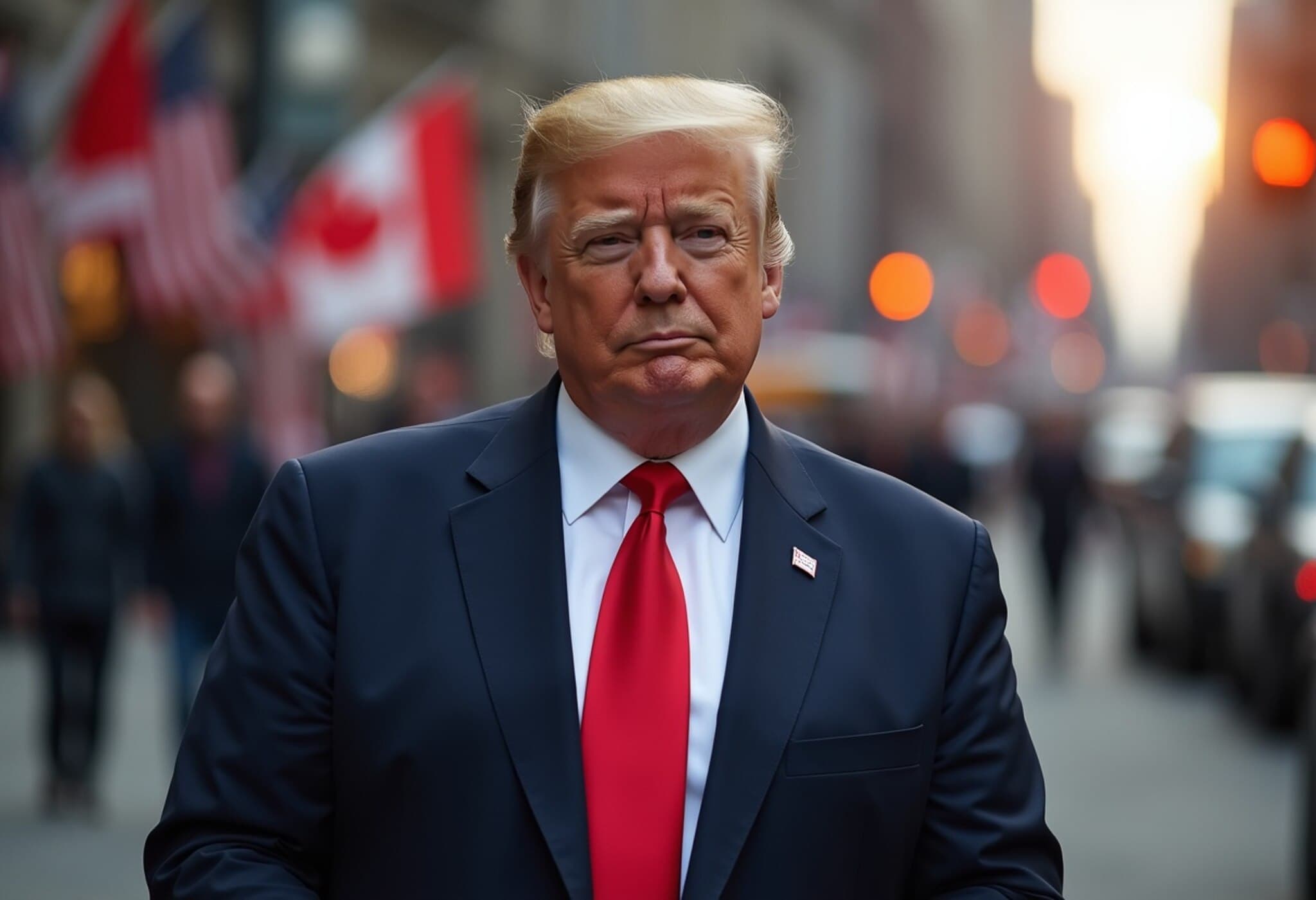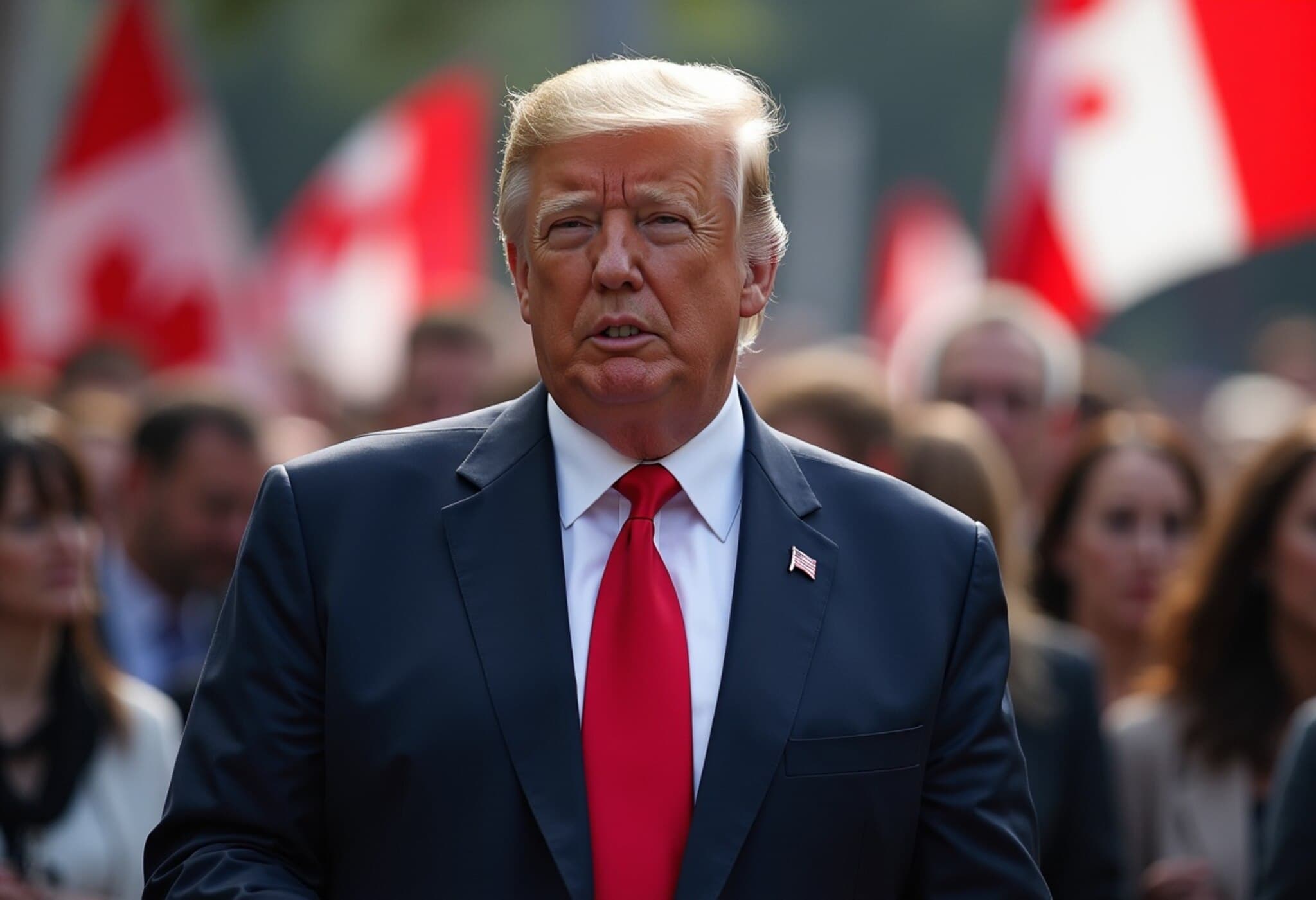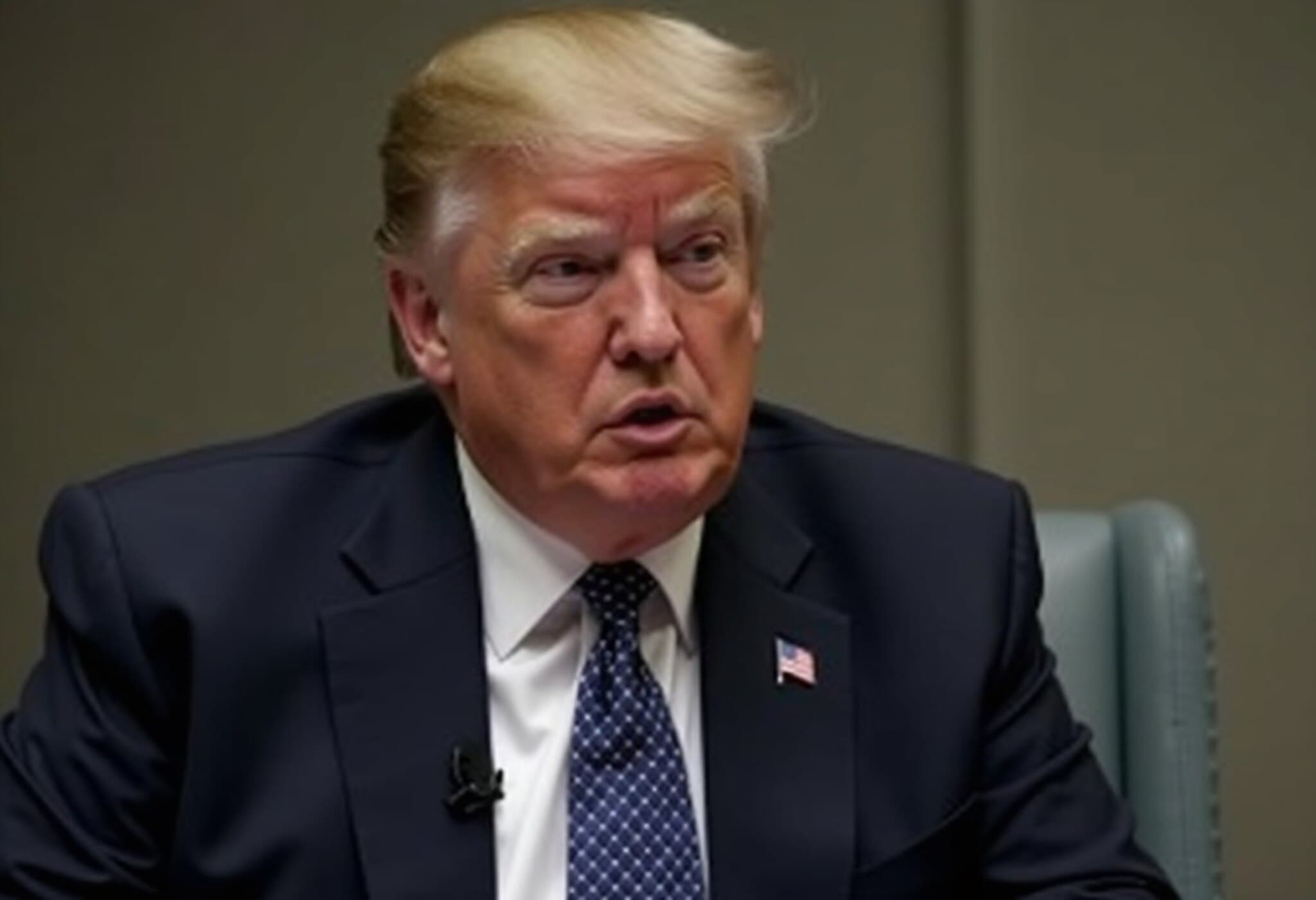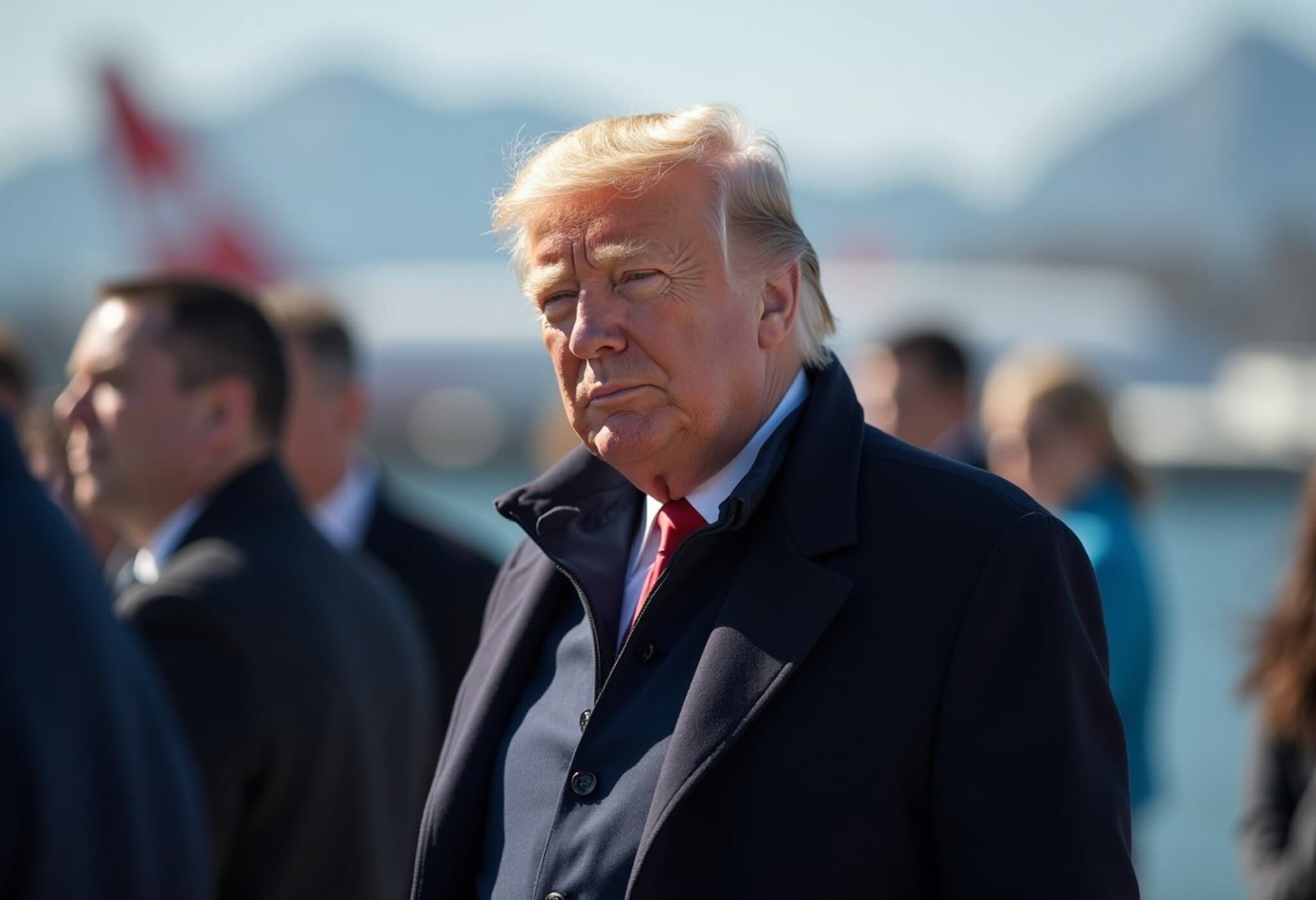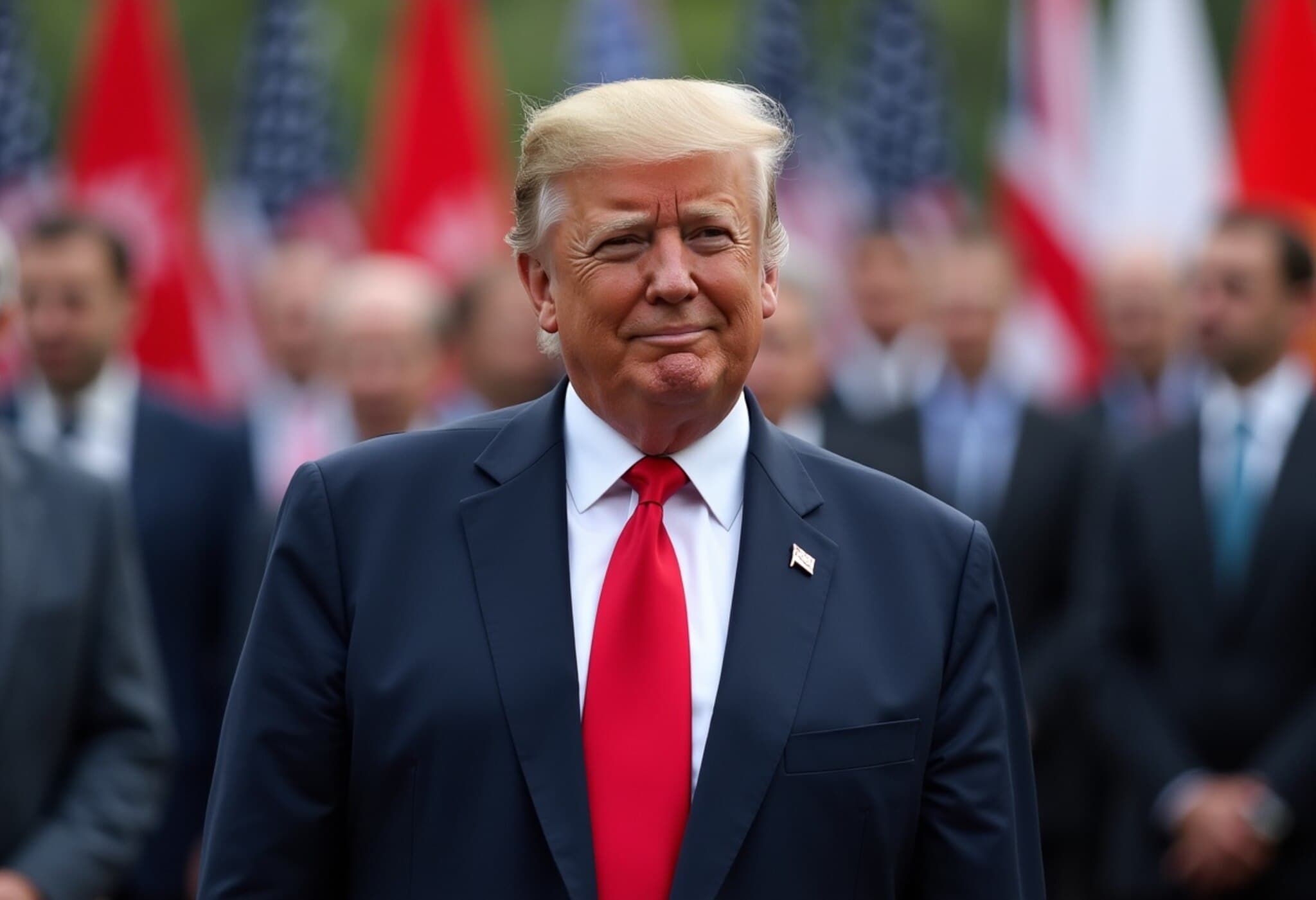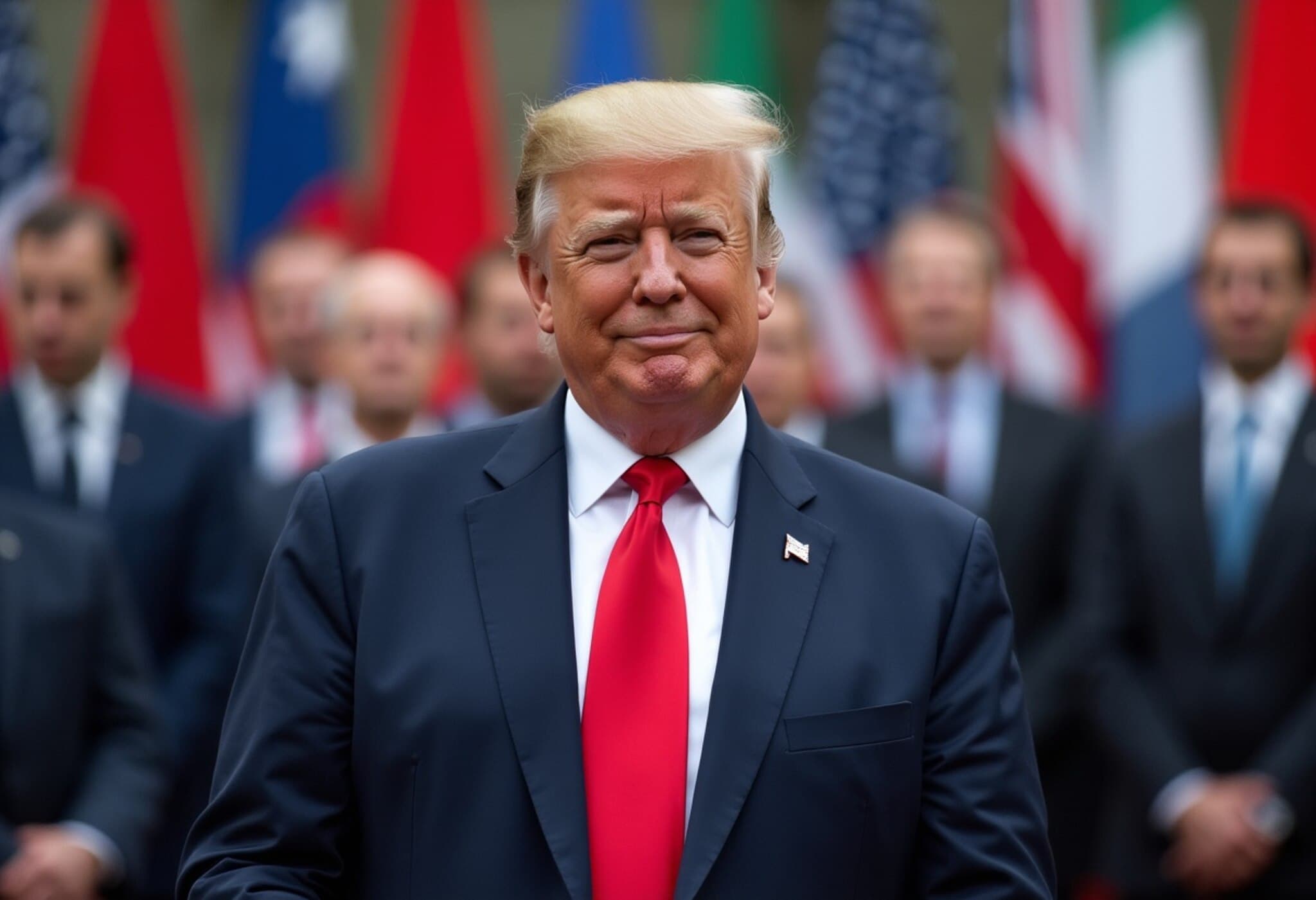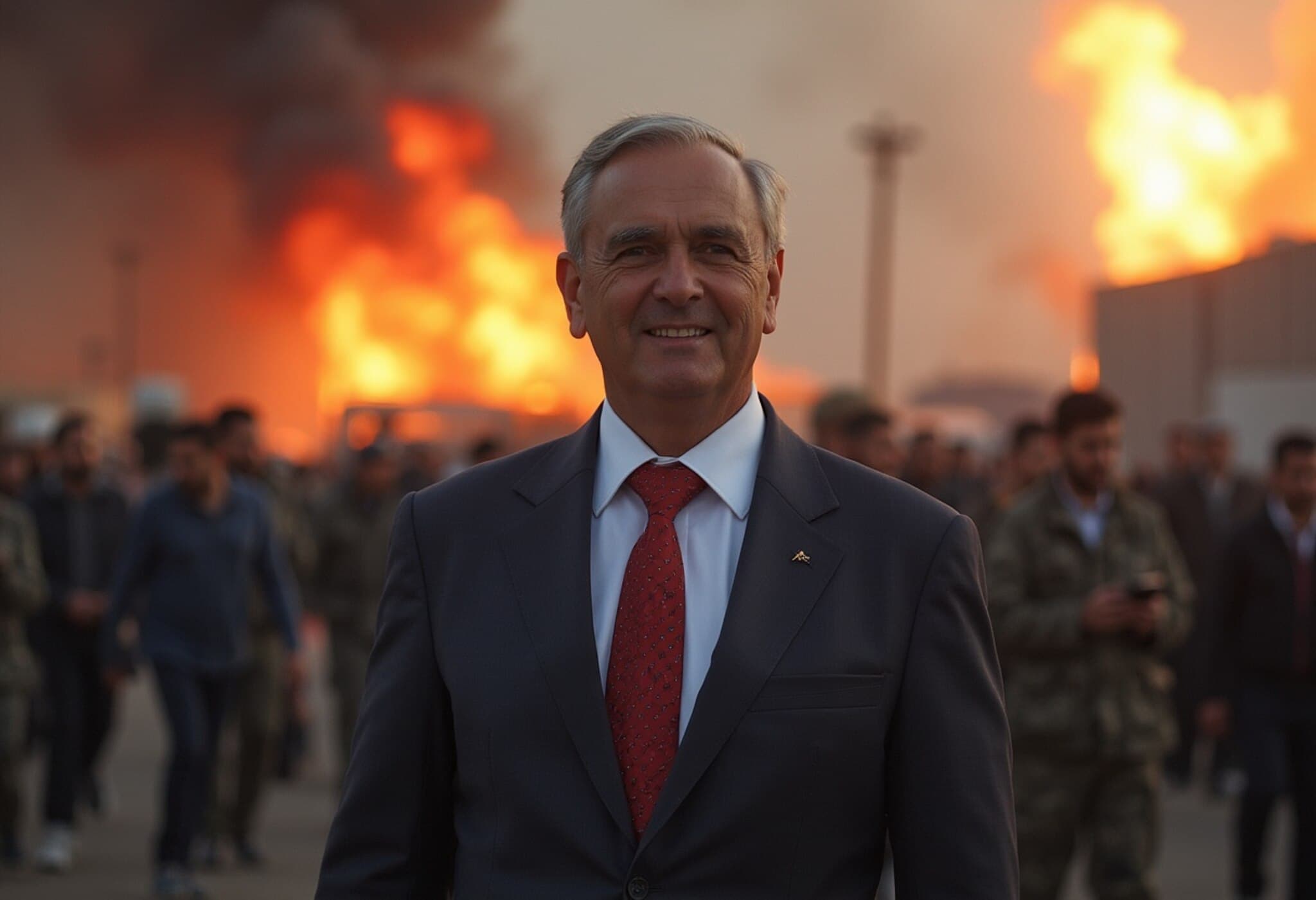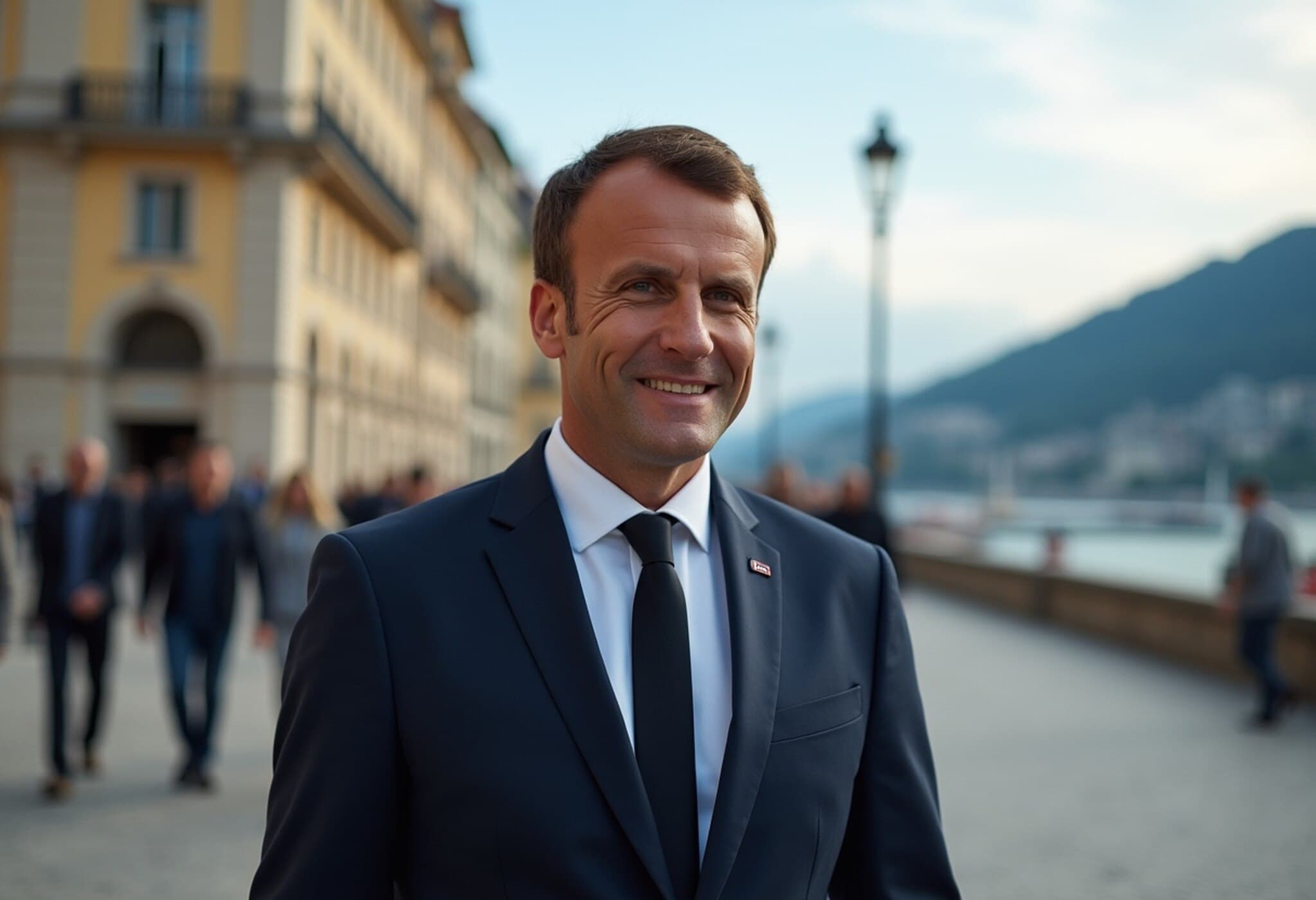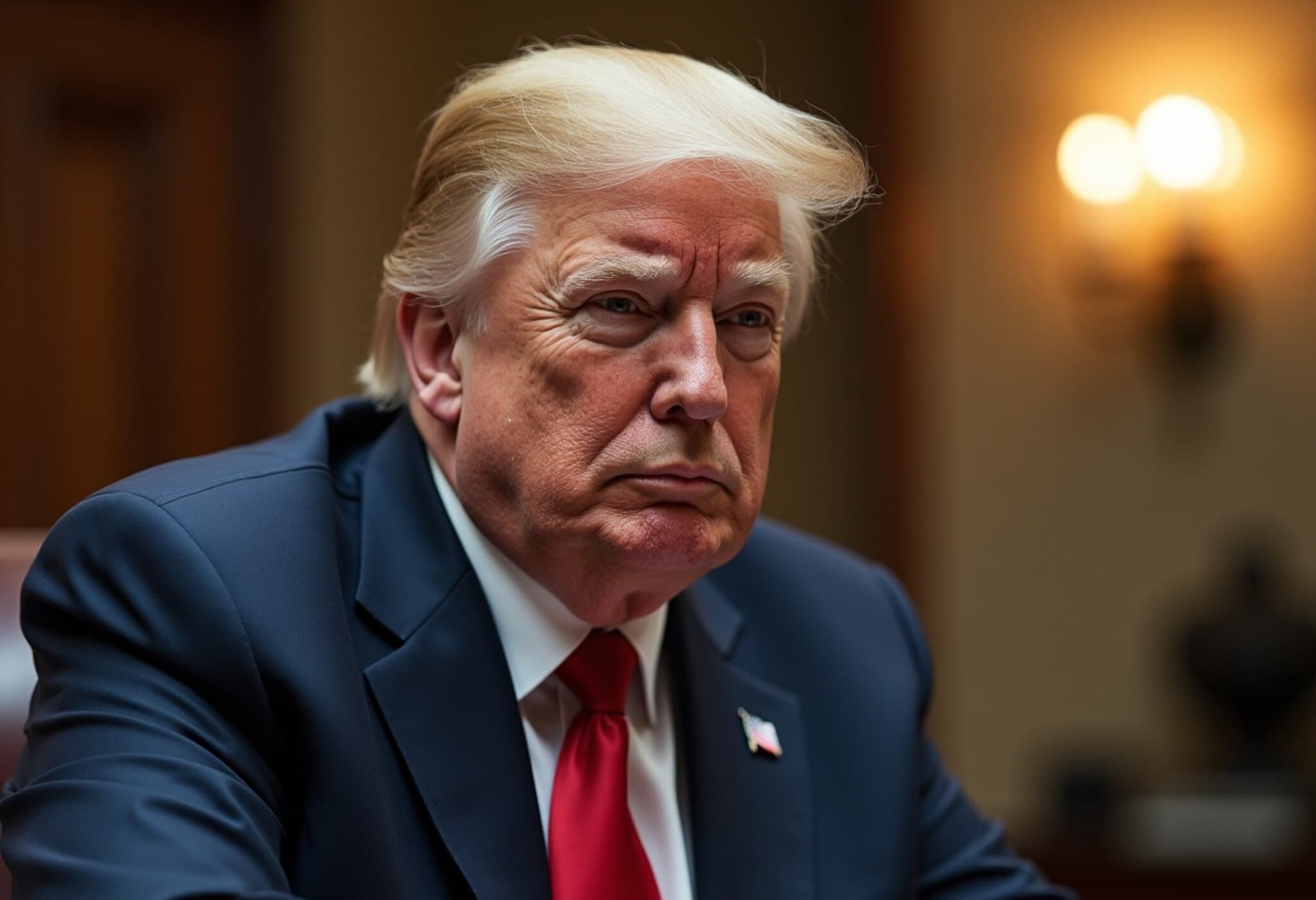Brazil's President Lula Pushes Back Against 50% US Tariff
In a striking assertion of national sovereignty, Brazilian President Luiz Inácio Lula da Silva has openly challenged the United States’ recent decision to impose a sweeping 50% tariff on Brazilian imports. The tariff, signed by former President Donald Trump and set to take effect on August 1, has ignited a heated trade dispute between the two nations, spotlighting complex geopolitical tensions and economic interests.
No Foreign Orders: Lula’s Defiant Message
Speaking at a rally with leftist student activists in Goiás, Lula, donned in his iconic red shirt, dismissed Trump’s tariffs as an unacceptable imposition. “No gringo is going to give orders to this president,” he declared, reinforcing Brazil’s stance on autonomy and rejecting external pressures. Lula’s rhetoric underscores a broader narrative of self-determination, pushing back against what he perceives as American overreach in global trade affairs.
The Context Behind the Tariffs
Trump’s announcement, made via his social media platform Truth Social, accused Brazil of unfairly targeting American businesses and criticized the Brazilian government’s handling of former president Jair Bolsonaro, who is currently facing trial for allegedly orchestrating a coup attempt after the 2022 elections. The Trump administration argued that Brazil’s judicial processes and trade policies have become intertwined in ways adversely affecting US economic interests.
Disputing Diplomatic Norms and Judicial Independence
In a comprehensive interview with CNN’s Christiane Amanpour, Lula criticized the US approach as a fragmentation of diplomatic protocol, emphasizing that Brazil’s judicial system operates independently and free from presidential influence. He pointedly remarked, “The judiciary branch of power in Brazil is independent. The president of the Republic has no influence whatsoever.”
Moreover, Lula contrasted the Brazilian judicial proceedings against Bolsonaro with the legal challenges faced by Trump himself, notably relating to the events at the US Capitol. “If Trump were Brazilian and had done what occurred at Capitol Hill, he too would be on trial, possibly for constitutional violations,” he observed. This comparison not only highlights Lula’s critique of double standards but also adds a nuanced layer to the broader discourse on accountability and democracy.
Escalating Trade Dispute and Brazil’s Response
Brasília has taken a firm stance in response to Washington’s tariffs, pledging reciprocal measures to protect Brazilian industries and workers. Lula stressed Brazil’s commitment to negotiation rather than coercion: “Brazil will not accept anything imposed on it. We accept negotiation and not imposition.” The willingness to engage diplomatically was echoed by Brazil’s Foreign Minister Mauro Vieira, who indicated openness to talks should conditions allow.
Broader Implications: Technology, Misinformation, and Trade
Beyond tariffs, Lula signaled intentions to regulate and tax major US technology companies operating in Brazil, accusing them of disseminating misinformation under the guise of free speech. This plan reflects a growing global trend where countries seek to hold Big Tech accountable for their influence on public discourse and economics.
The US Trade Representative has meanwhile launched an investigation into Brazil’s trade policies, scrutinizing digital trade practices, tariffs, corruption, and intellectual property rights. This multifaceted probe could further strain bilateral relations, underscoring how trade disputes today rarely revolve around tariffs alone but incorporate broader regulatory and ethical concerns.
Domestic Politics: A Boost for Lula
The trade standoff appears to have galvanized public support for Lula within Brazil. His resolute defense of national sovereignty resonates strongly with many Brazilians who view his leadership as vital to protecting the country’s economic and political interests amidst external pressures. Recent polls indicate an uptick in Lula’s approval ratings, strengthening his political mandate at home.
What Lies Ahead?
As the August 1 deadline for tariff enforcement draws near, anticipation builds around Lula’s forthcoming televised address to the nation. Observers expect that he will outline Brazil’s strategic response and signal possible pathways to de-escalate tensions. Will both countries embrace dialogue over discord? The world watches as Brazil asserts itself on the global economic stage.
Expert Commentary
Trade policy experts suggest that the Brazil-US dispute exemplifies a broader recalibration in international trade norms, where emerging economies like Brazil are increasingly willing to challenge traditional powers. The focus on digital trade and misinformation regulation also highlights the fusion of technology, politics, and commerce in novel ways.
From a US perspective, balancing fair trade practices with diplomatic sensitivities will be crucial to avoid alienating key partners. The situation underscores how tariffs, while potent, can provoke unintended geopolitical consequences if deployed without robust bilateral engagement.
Editor’s Note
The sharp rhetoric and escalating tariffs between Brazil and the United States reveal much more than a trade disagreement—they expose underlying tensions about sovereignty, democratic norms, and the evolving challenges of the digital economy. Lula’s forceful response is a testament to Brazil’s rising confidence on the global scene but also serves as a reminder that economic diplomacy requires nuanced negotiation rather than confrontation.
As readers, consider how this dispute might influence global trade policies, the role of technology regulation, and the nature of American influence abroad. Will this episode mark a turning point toward more equitable trade relations or foreshadow prolonged economic friction? The answers will unfold in the months ahead.

